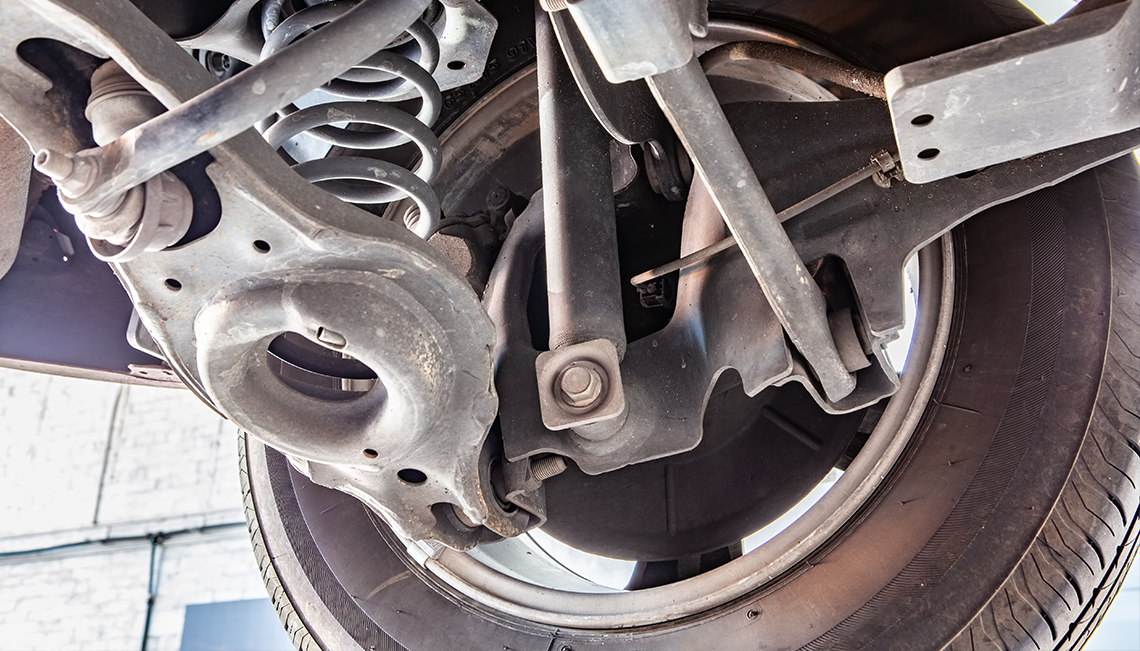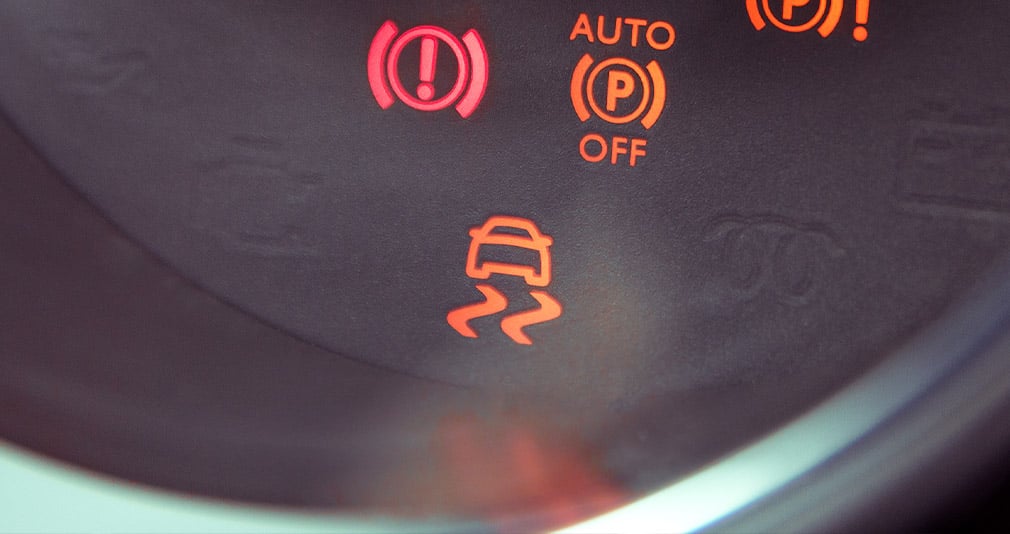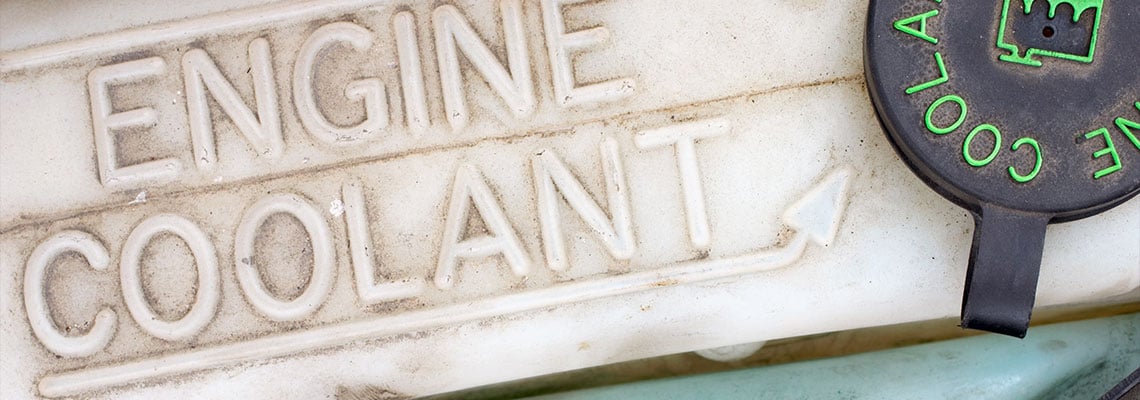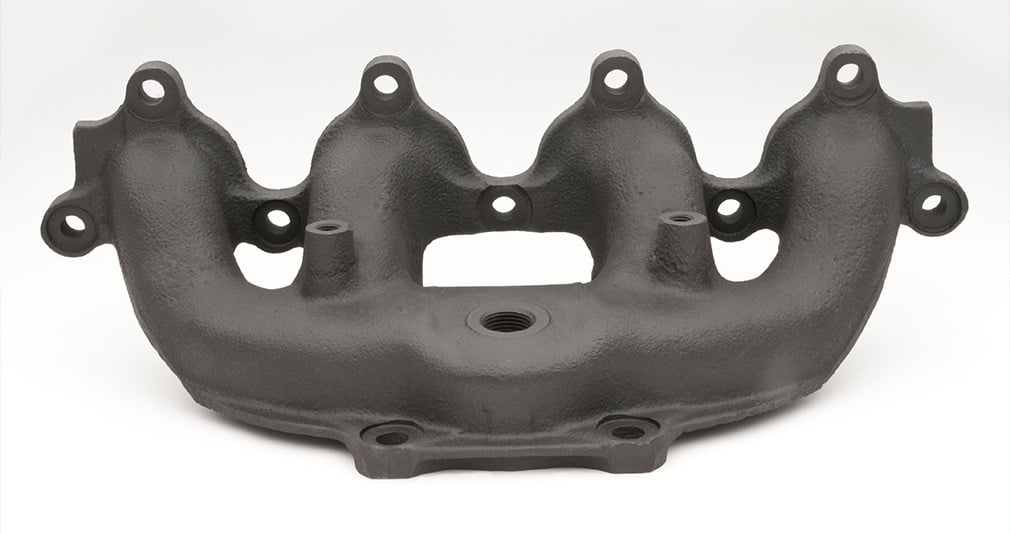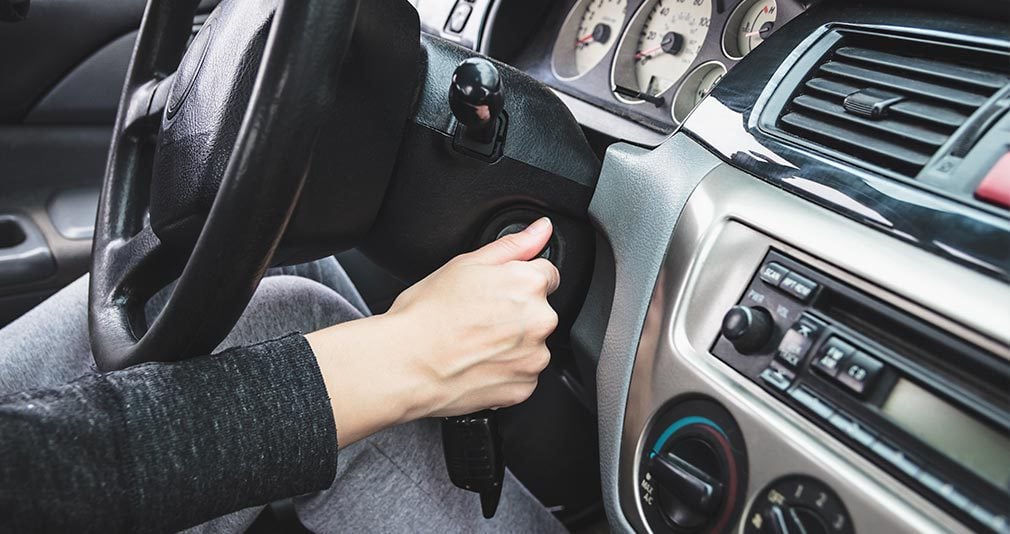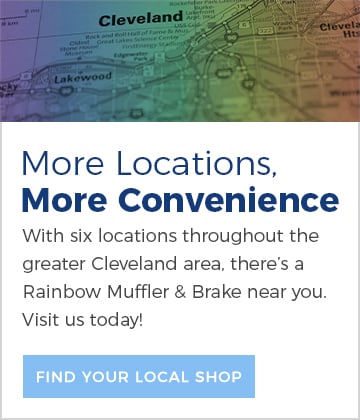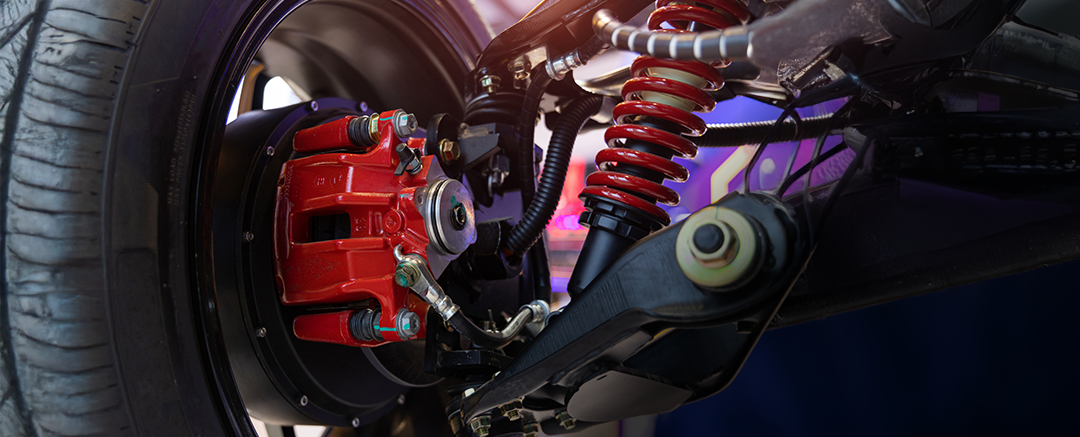Welcome to winter in Cleveland, where the streets are slick, and the snow is thick. You don’t want to wait until you’re sliding through a stop sign to find out your brakes could use some work.
In this post, we’ll break down (pun intended) a timeline on how often you should replace various components of your car’s braking system. Then, we’ll offer five signs it may be time to bring your car in for a brake check.
Understanding the Braking System
When you press down on the brake pedal in your car, you’re activating a complex system design to bring you to a complete and safe stop. If any of the components that make up your braking system are damaged, worn or malfunctioning, your safe stopping ability will be compromised.
Brake pads and rotors endure the most friction within the braking system, meaning they’ll often be the first and most frequently replaced.
Timeline for Brake Replacement or Repair
The average lifecycle of brakes and the components of this complex system varies depending on driving habits, road conditions and the quality of parts used.
Here’s a quick breakdown of how long you can expect the average brake component to last before needing replacement:
- Pads. Between 30,000 to 70,000 miles.
- Rotors. Between 30,000 to 70,000 miles. You can also extend their life with brake resurfacing.
- Calipers. Every 100,000 miles or ten years.
- Pistons. Between 75,000 to 100,000 miles.
- Brake fluid. It's recommended to flush your brake fluid and replace it with new fluid every 20,000 miles or two years.
- Brake lines/hoses. Have lines inspected regularly and plan to replace them about every 100,000 miles or 15 years.
Regular Brake Maintenance Is Crucial
To ensure the health of your entire braking system, bring your vehicle in for a full brake inspection once per year or every 12,000 miles. This comes standard with a good preventive maintenance visit. Your technician will fully inspect each brake component and catch problems — like worn brake pads, cracks in the lines or low fluid — and address them before they become dangerous.
5 Signs You Need to Check Your Brakes
Even with regular care, your braking system components can wear down over time, leading to reduced braking performance and increasing the risk of brake failure. Watch (and listen) for some of these common signs that it's time to bring your car in for brake or rotor repair:
- Squealing, squeaking, grinding or metallic noises when braking. Your brakes generally shouldn’t make noise, so if you hear your brakes grinding or any of these unpleasant sounds when pressing the brake pedal, it’s time to schedule a maintenance appointment.
- Pulsating or vibrating sensations when applying the brakes. You shouldn’t feel your brakes working through the pedal. If you feel vibrating or pulsating through the brake pedal as you press down, it typically means the rotor is worn down or damaged.
- Your brakes feel soft or spongy. Speaking of getting a bad feeling, if your brakes feel less responsive, spongy or soft when you press them, that’s a clear sign something’s not working properly. You may have air in the brake lines.
- You pull to one side while braking. This could signal anything from a worn brake pad to a caliper issue to problems with the hydraulic system. Bring it in to pinpoint the exact culprit.
- The brake warning light comes on. Sometimes, your car will let you know when it needs attention. If the brake light flashes on (that’s the circle with an exclamation mark inside it), schedule an appointment right away.
Pro Tip: If your brake light and your traction control light come on at the same time, your entire braking system may be compromised. This can be extremely dangerous. Pull over and have your car towed to the repair shop for a full diagnostic check-up.
How Much Does Brake Repair or Replacement Cost?
The total cost of brake repair or replacement will depend on which components need attention. The average cost to replace worn brake pads can range from $35-$150 for all four wheels. These should be replaced in pairs to ensure they last longer.
Replacing rotors and calipers can range from $30-$75 for rotors and $130 for a single caliper. A complete brake repair job could cost between $300-$800 per axle.
While brake pads and rotors naturally wear down and need replacement over time, other components can last through the lifespan of your car with proper care. To get the most life out of your brake system:
Schedule regular maintenance visits. Preventive maintenance is one of the best things you can do to ensure your brakes live a long and healthy life. You’ll catch problems before they become major (and expensive) issues, which is the best thing you can do to care for your brake system.
Practice good driving habits. Sudden stops, slamming on the brakes or coming to a stop from a high speed all cause increased wear and tear on your brakes. Responsible driving can extend the life of your brakes.
Care for your tires. Tires and brakes work together to bring your vehicle to a safe and efficient stop. Tires with worn treads work against the braking system and can put added strain on the brakes as they fail to properly grip the road.

